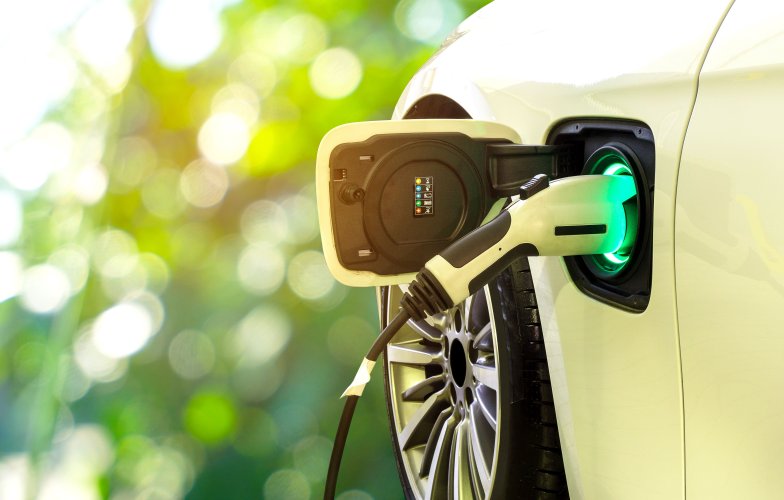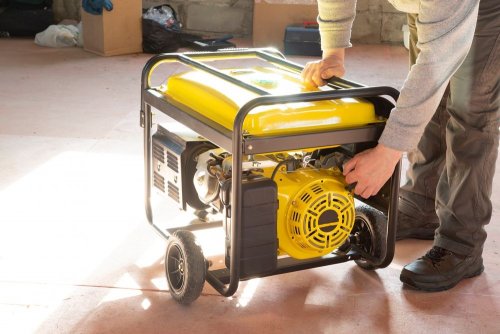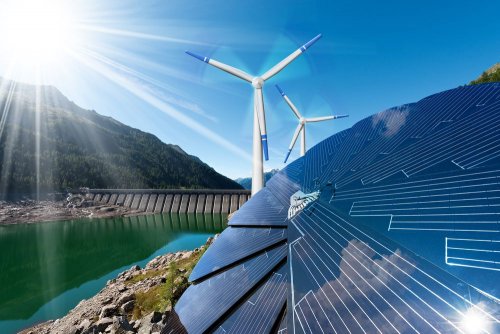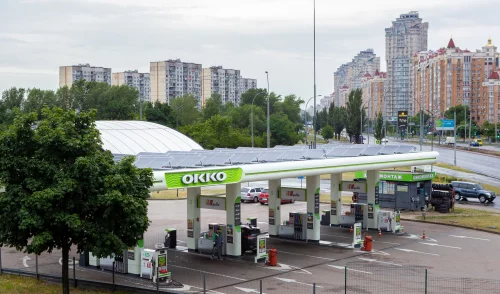Electrification could reduce energy consumption in transport and buildings by 70% and CO2 emissions from industry by 90% by 2050, according to EDF's new 2050 scenario.
It is reported by Euractiv.
The French energy company EDF has presented a plan that suggests that mass electrification of transport, buildings and support for industrial processes will be crucial.
The feasibility analysis identified three main strategic areas to achieve the goal:
- electrification
- Improving energy efficiency;
- changes in consumer behavior.
According to the scenario, significant changes in energy consumption are needed. The share of final energy consumption covered by electricity should increase from 21% in 2021 to 57% by 2050.
The scenario argues that large investments in grid infrastructure will be needed to manage the transition, in particular to integrate new sources of renewable energy.
It is assumed that in 2050, wind and solar power generation will be six times higher than today. This will require a two- to threefold increase in grid flexibility.
In addition to electrification, the plan includes a combination of other energy sources, the composition of which is difficult to predict in the long term due to technological advances. These sources include solid biomass, bio-liquids, biogas, e-fuels, waste heat, and fossil fuels.
The scenario report concludes that achieving the EU's 2050 target will also require an ambitious regulatory framework and reliable CO2 prices that give investors long-term visibility.
As Ecopolitic previously reported, Ukraine is gradually adopting European "rules of the game" and is starting to implement energy-efficient solutions, including in the transport infrastructure.





